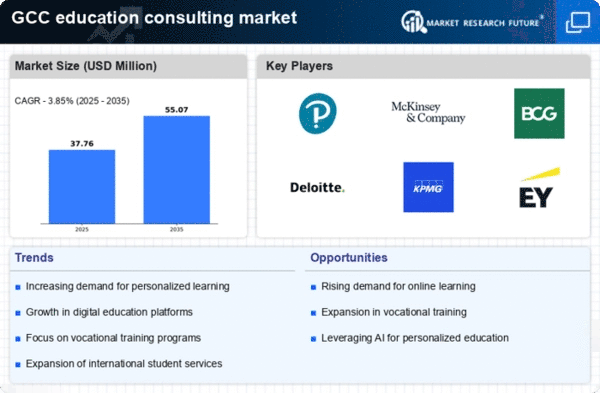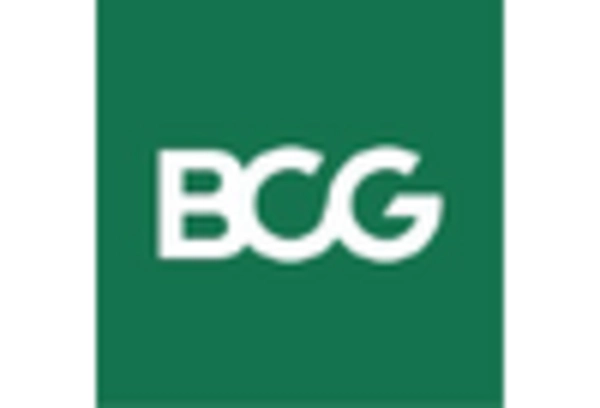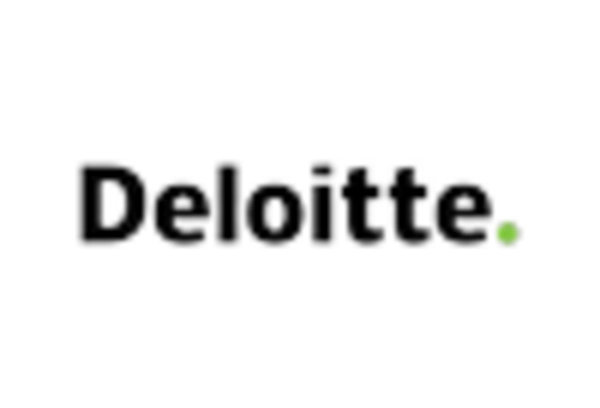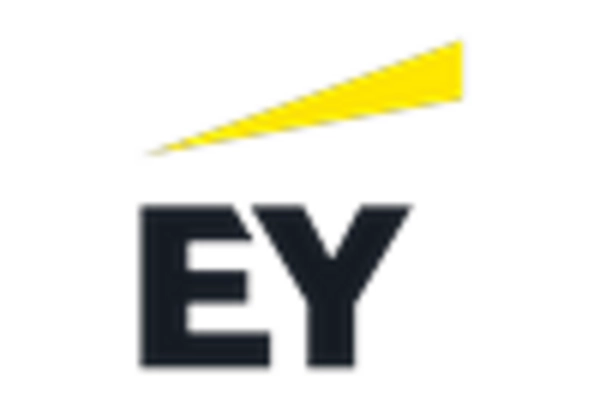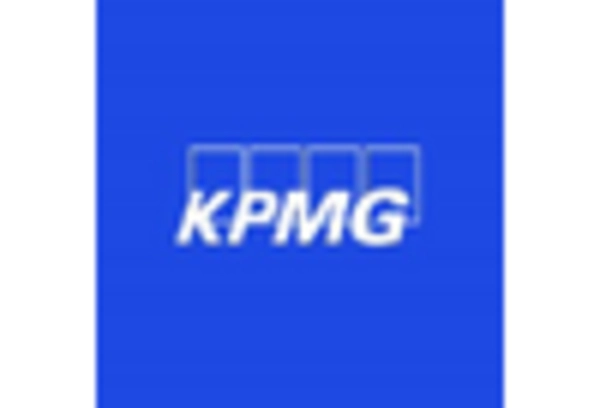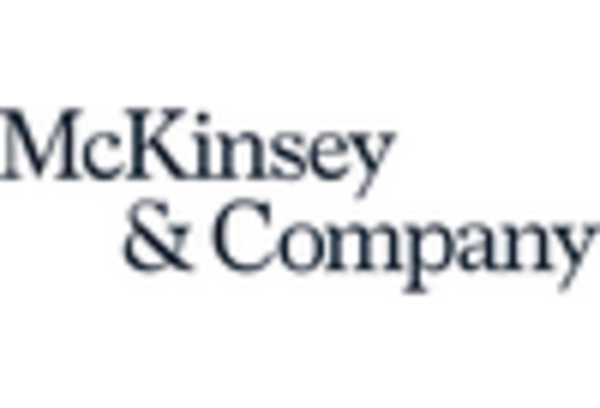Government Initiatives and Funding
Government initiatives in the GCC region are significantly impacting the education consulting market. Various national strategies aim to enhance educational standards and promote innovation within the sector. For instance, substantial investments are being made in educational infrastructure and technology, which creates opportunities for consulting firms to provide specialized services. In 2025, it is estimated that government spending on education will reach approximately $50 billion across the GCC, reflecting a commitment to improving educational quality. This influx of funding allows educational institutions to engage consultants for curriculum development, teacher training, and strategic planning, thereby driving growth in the education consulting market. The alignment of government policies with educational goals further emphasizes the importance of consulting services in achieving desired outcomes.
Growing International Collaboration
The education consulting market is benefiting from an increase international collaboration among educational institutions in the GCC. Partnerships with foreign universities and organizations are becoming more common, as local institutions seek to enhance their global standing and improve educational quality. This trend is likely to create demand for consulting services that facilitate these collaborations, including program development, accreditation processes, and exchange initiatives. In 2025, it is anticipated that around 30% of GCC universities will engage in international partnerships, which underscores the importance of consulting expertise in navigating the complexities of such arrangements. By leveraging global best practices, education consultants can help institutions enhance their offerings and attract a diverse student body, thereby contributing to the overall growth of the education consulting market.
Rising Demand for Quality Education
The education consulting market is experiencing a notable increase in demand for quality education across the GCC region. This trend is driven by a growing awareness among parents and students regarding the importance of educational outcomes. As a result, educational institutions are seeking expert guidance to enhance their curricula and teaching methodologies. The market is projected to grow at a CAGR of approximately 8% from 2025 to 2030, indicating a robust expansion. This growth is likely fueled by the increasing competition among schools and universities, which are striving to attract students by improving their educational offerings. Consequently, education consulting firms are positioned to play a crucial role in helping institutions meet these rising expectations and improve their overall performance.
Increased Focus on Skill Development
The education consulting market is witnessing a shift towards skill development as a primary focus for educational institutions in the GCC. As the job market evolves, there is a growing recognition of the need for graduates to possess practical skills alongside academic knowledge. This trend is prompting schools and universities to seek consulting services that can help them design programs that align with industry requirements. In 2025, it is projected that around 70% of educational institutions will prioritize skill-based training, which presents a significant opportunity for education consultants. By providing expertise in curriculum design and workforce alignment, consulting firms can assist institutions in preparing students for the demands of the labor market, thereby enhancing their employability and contributing to the overall economic development of the region.
Technological Advancements in Education
Technological advancements are reshaping the education consulting market, particularly in the GCC region. The integration of digital tools and platforms in educational settings is becoming increasingly prevalent, prompting institutions to seek expert advice on effective implementation. In 2025, it is estimated that the market for educational technology in the GCC will exceed $2 billion, highlighting the growing reliance on technology to enhance learning experiences. Education consulting firms are well-positioned to guide institutions in selecting appropriate technologies, training staff, and developing digital strategies. This trend not only improves educational delivery but also fosters innovation within the sector, making consulting services essential for institutions aiming to stay competitive in a rapidly evolving landscape.


